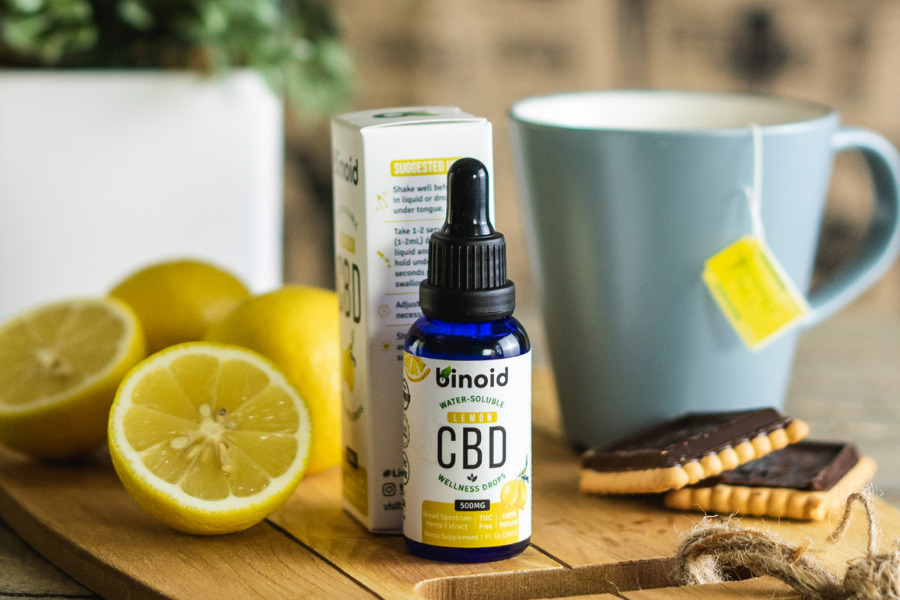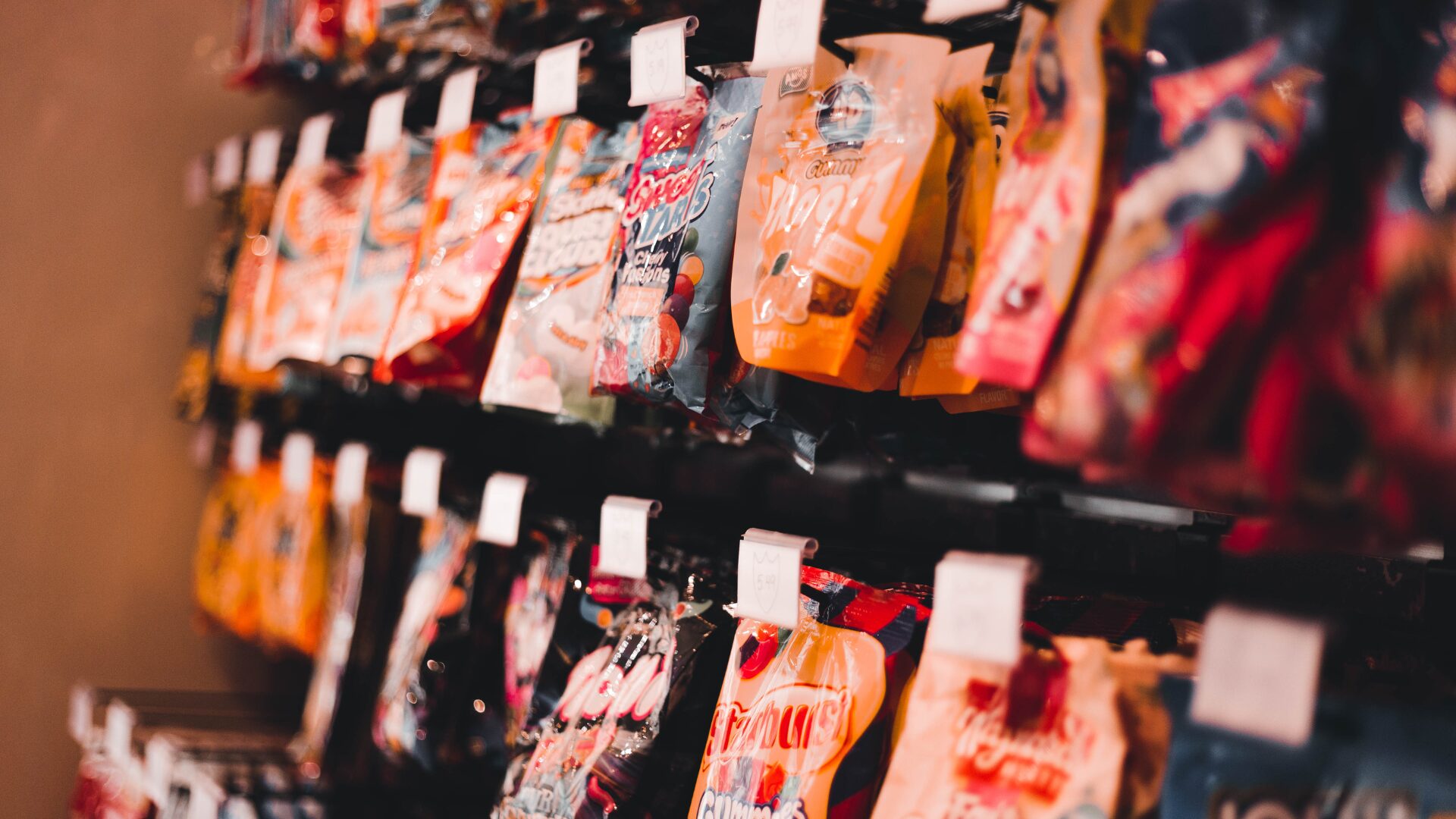CBD continues to be a bright light in the food and beverage industry. However, growth has leveled off from its stellar 2019 gains on a combination of the FDA’s reluctance to approve its usage and the pandemic’s toll on brick-and-mortar retail.
On May 13, The Food Institute presented a provocative webinar entitled “The State of the CBD Industry in the Food & Beverage Sector.” Bethany Gomez, managing director of CBD research powerhouse Brightfield Group, presented current research on the industry. She was joined by Benjamin Witte, CEO and founder of Recess, a food and beverage brand which makes and sells CBD-infused products.
Gomez began by updating the current regulatory environment. FDA has been looking into the approval of CBD in food and beverages since hemp was legalized in the 2018 Farm Bill. The agency, however, has yet to establish a timetable for a decision. The sticking point is that while CBD has been approved as a drug in the treatment of seizures, it’s still against federal law to add drugs to food and beverage products, according to the Food, Drug & Cosmetics Act.
Witte, who also serves as executive vice president of the U.S. Hemp Roundtable, the primary industry coalition representing the hemp and CBD industry, added that he expects federal legislation will move CBD forward despite the FDA’s hesitancy.
A Downtick in the Growth Rate
CBD products had a mixed 2020, according to Brightfield Group research. While brick-and-mortar sales slowed because of the pandemic, the rate of usage for those who already consume CBD products increased, possibly due to the stress caused by COVID-19.
Research indicates that growth will return to pre-pandemic levels beginning in 2022. Food and beverage growth will outpace tinctures and other topicals as consumers become more exposed to CBD in food. Currently the four leading food CBD-infused categories are coffee, sparkling water, chocolate and sports drinks.
Witte believes that CBD should and will eventually be viewed as a functional ingredient, much like caffeine. He said, “Nobody talks about the ‘caffeine’ category. It is just an ingredient that provides something that people desire. CBD is no different than caffeine or melatonin.”
Where will the CBD market be in three years? That’s the billion-dollar question. My prediction is that it will continue to move slowly until FDA approves CBD-infused products for interstate commerce. And FDA in a race would more closely resemble the tortoise than the hare.
Ron Tanner, currently a senior advisor for The Food Institute, has observed and reported on the food industry for more than four decades, including 33 years with the Specialty Food Association. He has also presented hundreds of educational programs about the industry.











